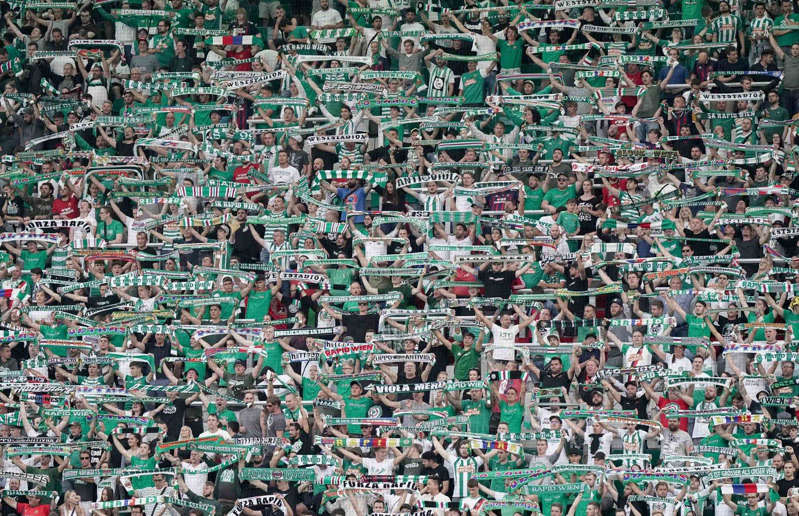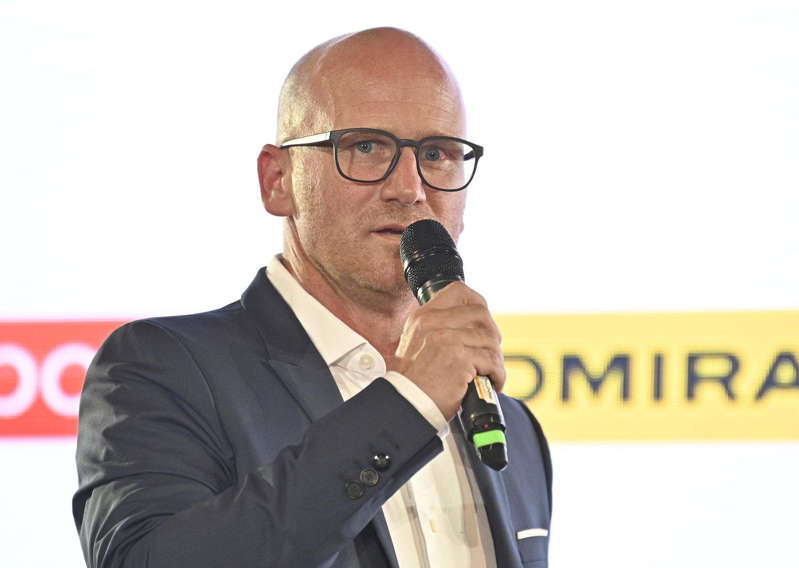Participation in gaming operations may only be for vaccinated people – Hollerer and Ebenbauer point out sensitive legal issues.

An inconspicuous information letter from the Burgenland Football Association last Friday could give an indication of what domestic football can expect in the coming weeks. The mail to all clubs in the state was about possible consequences for the most popular sport if 1G was introduced.
Among other things, it said: “If the 1G rule should also apply to sporting events and only fully immunized kickers are allowed to take part in the games, those players who have not yet been vaccinated should be made aware that they will not be vaccinated be allowed to participate more in training and championship operations. ” Not only players unwilling to vaccinate, also spectators who refuse to vaccinate, officials and supervisors would be excluded from the game.
Since there is not too much willingness to vaccinate, especially among younger people, 1G would probably cause some rejection in grassroots football according to the current status, apart from a possible decrease in the number of spectators. But in Austria the number of corona infections and hospital occupancies are increasing, Health Minister Wolfgang Mückstein has already announced 1G for night gastronomy or après-ski.
This topic has not yet been discussed in connection with sporting events, which are currently also open to those who have recovered or who have been tested. At the ÖFB and the Bundesliga, however, they are aware that 1G could also be required in football if the pandemic situation continues to worsen.
Ongoing talks
ÖFB General Secretary Thomas Hollerer said: “We have not yet received any signals in this regard, but we are constantly in talks with politicians and the authorities about the direction in which it could develop. We have to be prepared for everything.”
In addition, Hollerer made it clear that a preference for vaccinated persons would have to be decided by the government and that the ÖFB would only be the executive body. “When 1G comes, that is a policy requirement and thus a legal task that has to be implemented.”
The general exclusion of non-vaccinated people would raise some legal questions, the lawyer emphasized. “How would we deal with those who are not allowed to be vaccinated or for whom there is still no vaccination, such as children under the age of twelve?”
In the case of the Bundesliga, there is another aspect in this context. Kickers in the top division are professionals – forbidding those who have not been vaccinated or recovered from participating in training sessions and games would be tantamount to prohibiting them from doing the job. “We are not talking about leisure time, but about work. Employees would be restricted in their labor law, which is a sensitive issue,” said Bundesliga CEO Christian Ebenbauer, as well as a lawyer from Hollerer.

Constantly in touch: Ebenbauer
Ebenbauer also knows that 1G could soon become an issue. “We have it in focus and are in contact with the Ministry of Health.” 3G currently applies to all major sporting events – i.e. access for vaccinated, convalescent and tested people – there are currently no audience restrictions.
Warning signals
As a result, the Bundesliga has so far got through the current season unscathed. This summer, only 7.4 percent fewer people passed the stadium turnstiles in the top division than in the comparable periods of 2018 and 2019, i.e. before the pandemic.
And yet there are warning signals – when Rapids home win in the Europa League play-off against Luhansk, there were only just over 10,000 spectators in the stadium. And for the World Cup qualifying home match of the ÖFB team against Scotland, not even 15,000 tickets were sold in advance, although sales were extremely sluggish even before the disappointing appearances against the Republic of Moldova and Israel.
Against this background, Hollerer suspects that it could generally be difficult in the future to bring a large number of people to events, even if the Covid 19 risk should once be averted. “It's a little early to talk about it, and I'm afraid we only have a small window where we can hold events without people restrictions, and an event is too little to read a trend. But you have to keep an eye on it, whether the pandemic will lead to a change in consumer behavior at major events. “
Ebenbauer made a similar statement. “Even if the pandemic is completely over and everyone can go to the stadium freely and without proof – which we hope will be soon – we will still feel that fewer people come at the beginning and you have to motivate people to go to the stadium. With that we are calculating, and that is why it is also our goal to reach the pre-corona numbers again one year after the end of the pandemic, before we can tackle an increase, “said the league boss.

